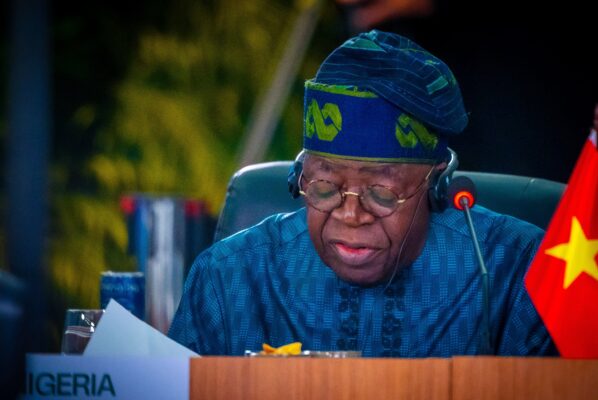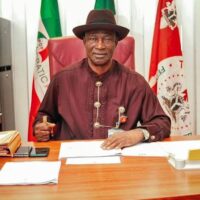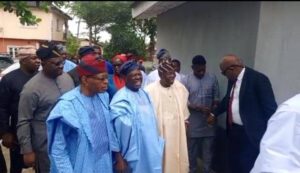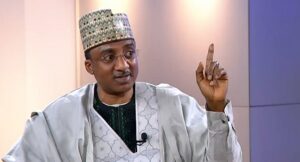President Bola Tinubu admitted that ending the fuel subsidy was a difficult but essential choice while addressing Nigerians on his Independence Day national broadcast. He framed the move as necessary to rescue the economy and reallocate Nigeria’s financial resources for the direct benefit of ordinary citizens.
During the broadcast of Nigeria’s 65th anniversary, the President stressed inheriting what he described as a “near-collapsed economy” and reiterating the tough choices made.
“As a new administration, we faced a simple choice: continue business as usual and watch our nation drift, or embark on a courageous, fundamental reform path. We chose the path of reform. We chose the path of tomorrow over the comfort of today,” he said.
During his speech, the President highlighted the importance of redistributing the wealth of the nation.
“In resetting our country for sustainable growth, we ended the corrupt fuel subsidies and multiple foreign exchange rates that created massive incentives for a rentier economy, benefiting only a tiny minority. At the same time, the masses received little or nothing from our commonwealth,” he said.
The President explained that the money saved from subsidy removal was channelled to other key areas, education, healthcare, security, agriculture, and infrastructure, areas he said would improve the lives of Nigerians.
Read Also
“Following the removal of the corrupt petroleum subsidy, we have freed up trillions of Naira for targeted investment in the real economy and social programmes for the most vulnerable, as well as all tiers of government,” he said.
“I have always candidly acknowledged that these reforms have come with some temporary pains. However, the alternative of allowing our country to descend into economic chaos or bankruptcy was not an option. Our macro-economic progress has proven that our sacrifices have not been in vain. Together, we are laying a new foundation cast in concrete, not on quicksand,” he said.
The President further stated that the beginning of his administration gave more confidence in local government autonomy, as each level of governance now reflects a leadership that drives development and resources to take care of the common man.
“As a result of the tough decisions we made, the Federal and State governments, including Local Governments, now have more resources to take care of the people at the lower level of the ladder, to address our development challenges,” the president concluded.





